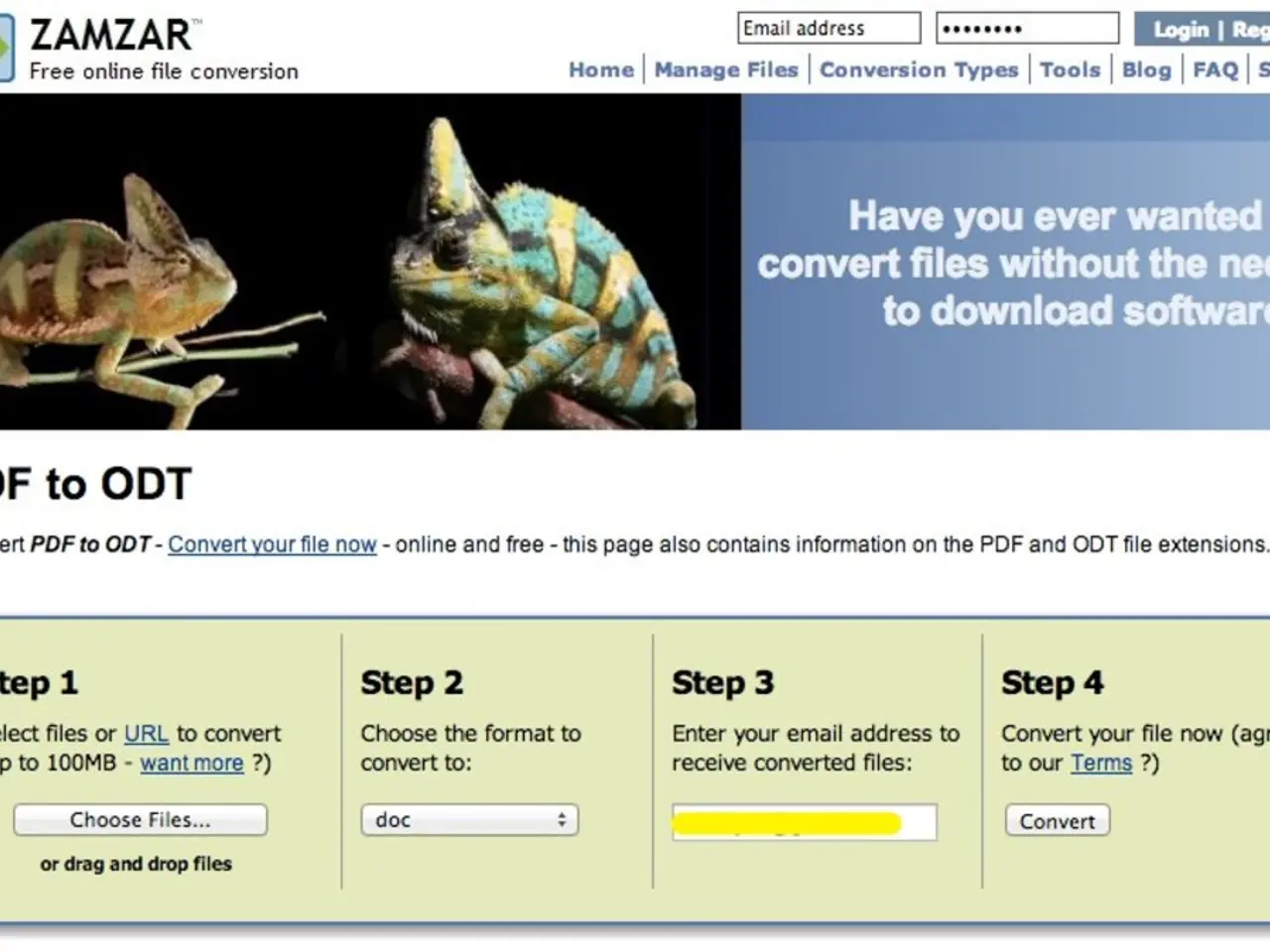In the modern digital era, the debate over unregistered websites: striking a balance between convenience and data security.
In the digital age, websites that do not require user registration are gaining popularity, offering several benefits for both users and developers.
One of the most significant advantages of these websites is data protection. By minimizing or eliminating the collection of personal information, the risk of data breaches and unauthorized data use is significantly reduced. This aligns with privacy-enhancing practices that aim to minimize data storage and exposure, thereby maximizing user privacy and compliance with data protection laws like GDPR and CCPA.
Another advantage is spam protection. The absence of user accounts makes it more difficult for attackers to create fake or spam accounts, reducing spam and malicious activities. This helps to maintain a clean and secure online environment.
Time-saving is another key benefit. Users can access services or content immediately without going through the registration and login steps. This convenience shortens interaction time and eliminates barriers to entry, enhancing user satisfaction and engagement.
Flexibility is another crucial aspect. Such websites allow users to interact anonymously and with greater ease from any location or device, avoiding the constraints associated with managing login credentials or personal profiles. This enables quick and flexible access, often desirable for one-time use or exploratory browsing.
Moreover, registration is not required, freeing users from long-term commitments and the need to remember login details. This user-friendly approach increases the acceptance and use of these websites, contributing to the development of a safer and more user-friendly online world.
In conclusion, non-registration websites enhance user privacy by avoiding personal data collection, reduce spam by eliminating account creation, save users' time by removing login friction, and provide user flexibility through anonymous access. These benefits make non-registration websites an attractive choice for both users and developers in the digital age.
[1] GDPR (General Data Protection Regulation): A regulation in EU law on data protection and privacy in the European Union and the European Economic Area. [3] CCPA (California Consumer Privacy Act): A data privacy law that gives California residents the right to know what personal data is being collected about them, and control over how that data is used and shared.
Read also:
- Show a modicum of decency, truly
- Latest updates for July 31: Introduction of Ather 450S with expanded battery, unveiling of new Tesla dealership, and additional news
- VinFast's debut EV plant in India, Tata Harrier EV distribution starts, next-gen Mahindra Bolero sightings caught on camera
- Ford accelerates electric vehicle production with a $2 billion restructuring of its Kentucky factory.








